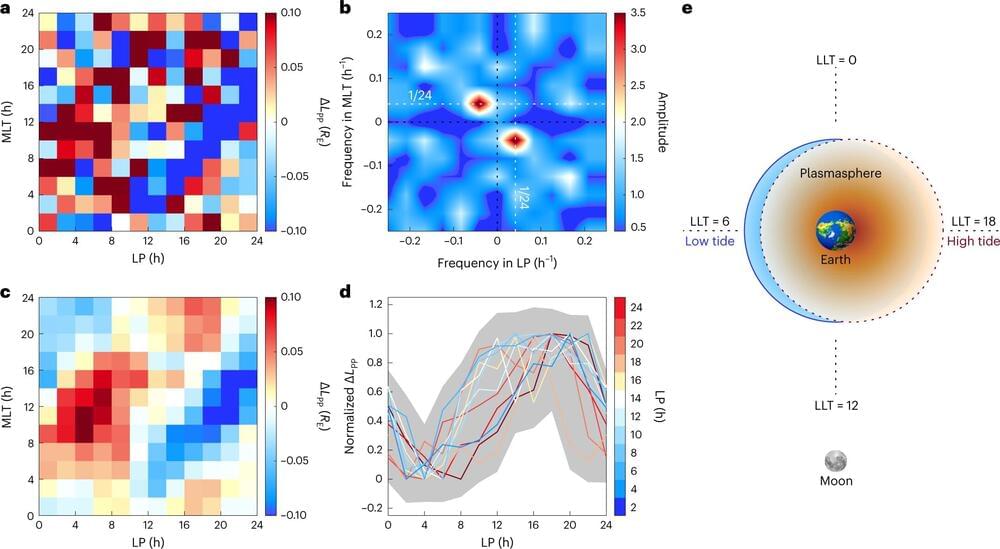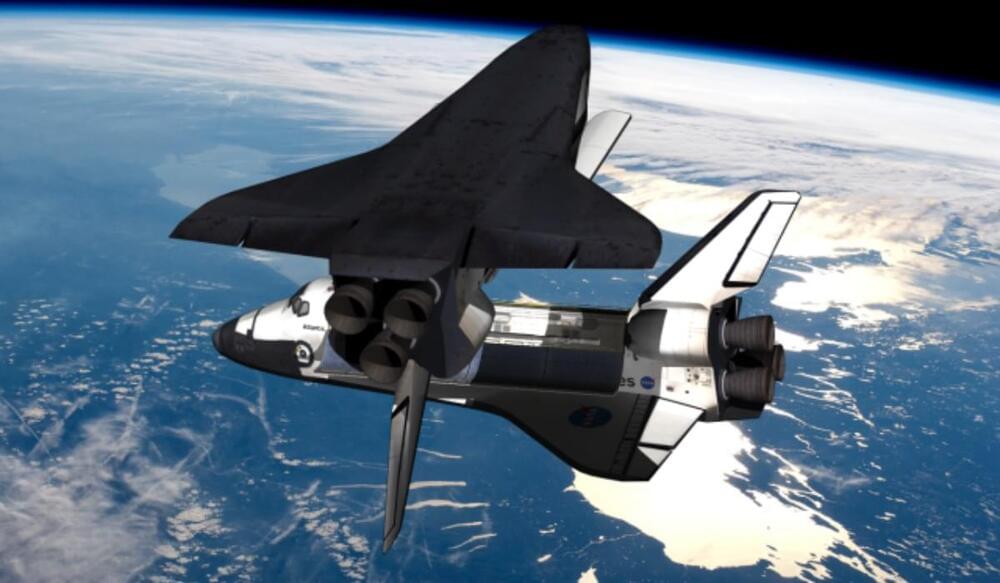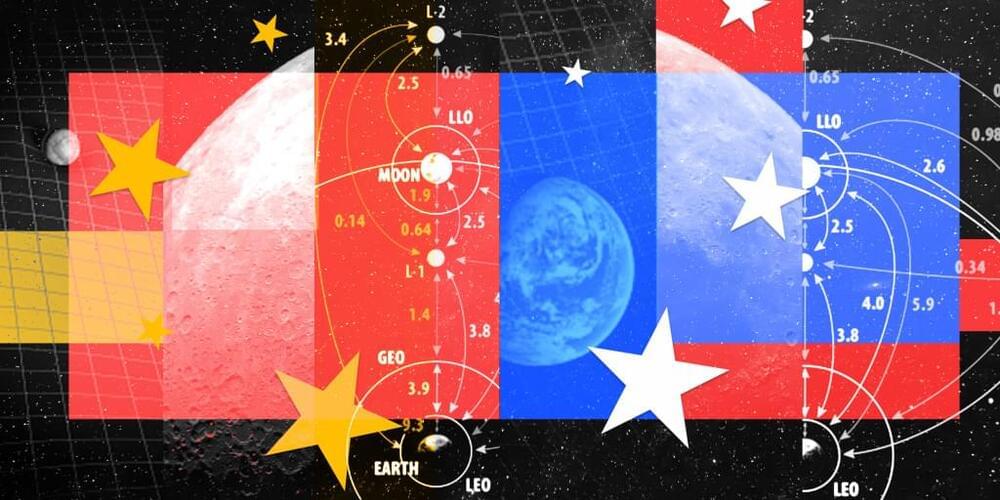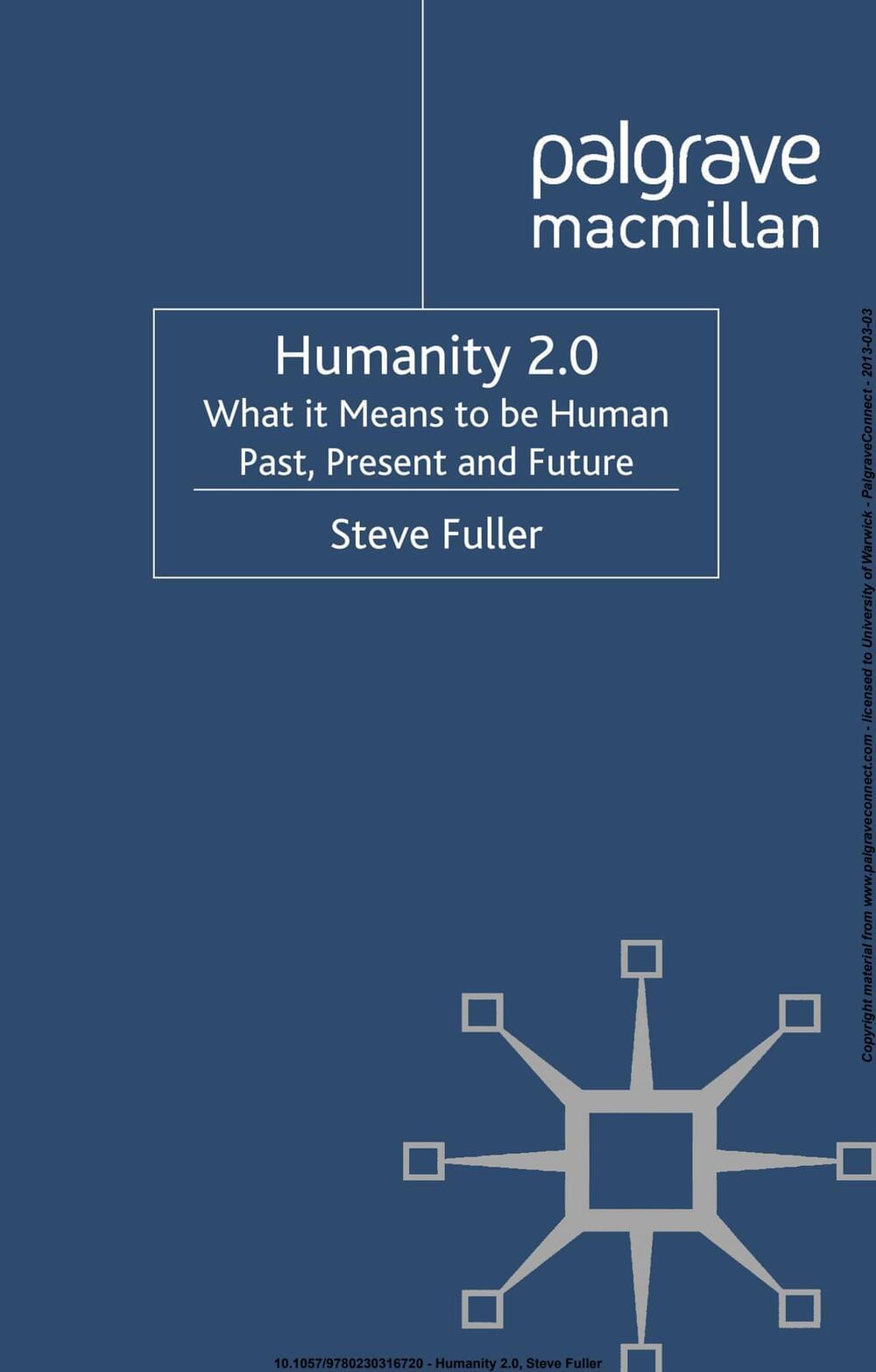Think of bringing a pot of water to the boil: As the temperature reaches the boiling point, bubbles form in the water, burst and evaporate as the water boils. This continues until there is no more water changing phase from liquid to steam.
This is roughly the idea of what happened in the very early universe, right after the Big Bang, 13.7 billion years ago.
The idea comes from particle physicists Martin S. Sloth from the Center for Cosmology and Particle Physics Phenomenology at University of Southern Denmark and Florian Niedermann from the Nordic Institute for Theoretical Physics (NORDITA) in Stockholm. Niedermann is a previous postdoc in Sloth’s research group. In this new scientific article, they present an even stronger basis for their idea.








